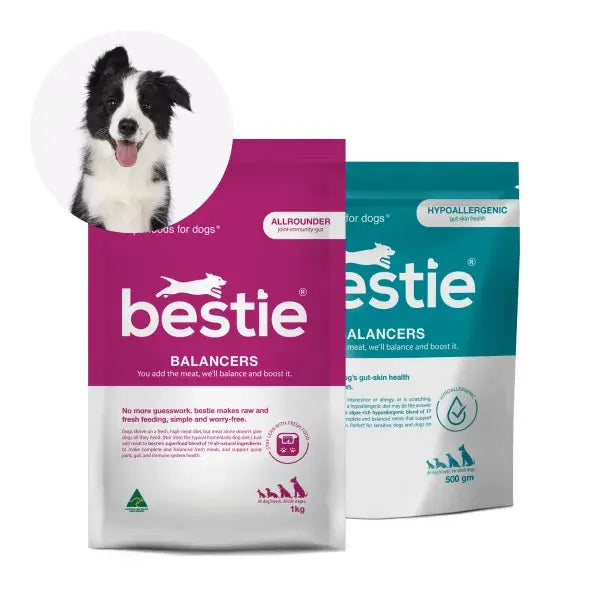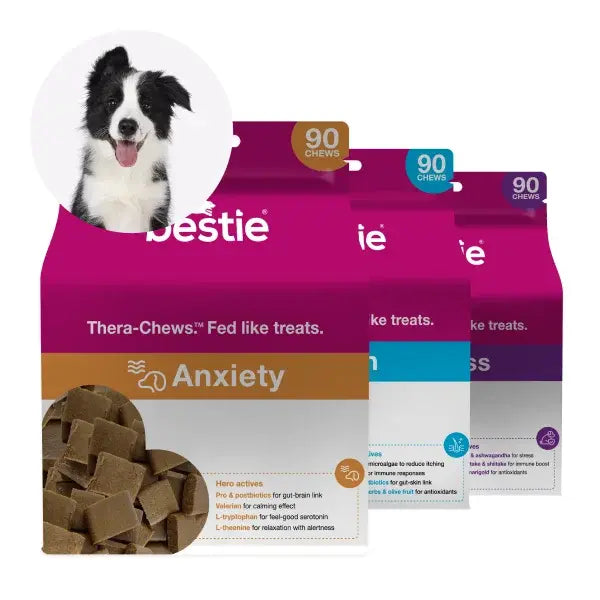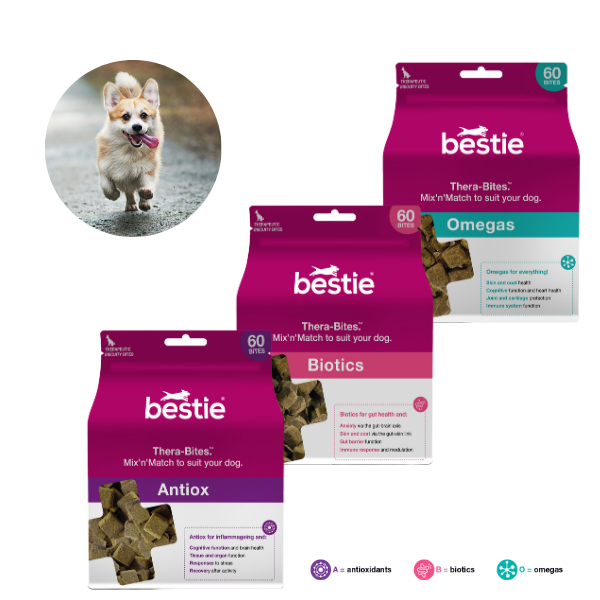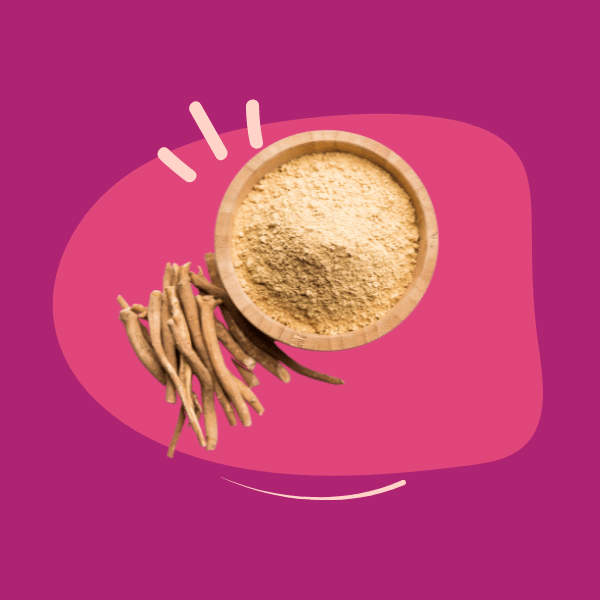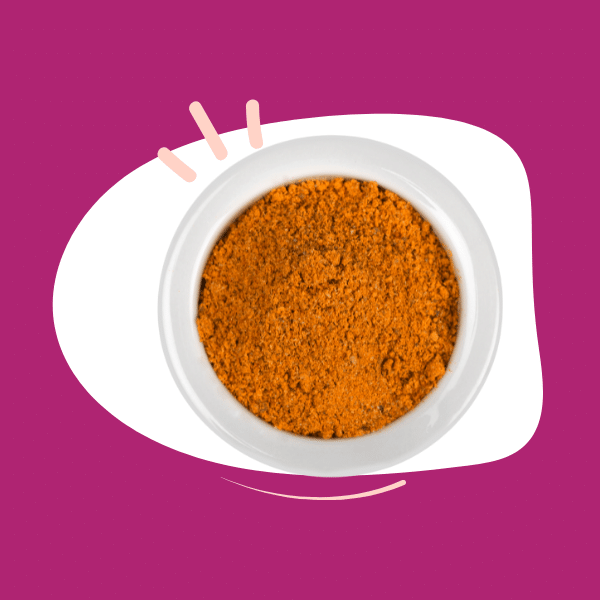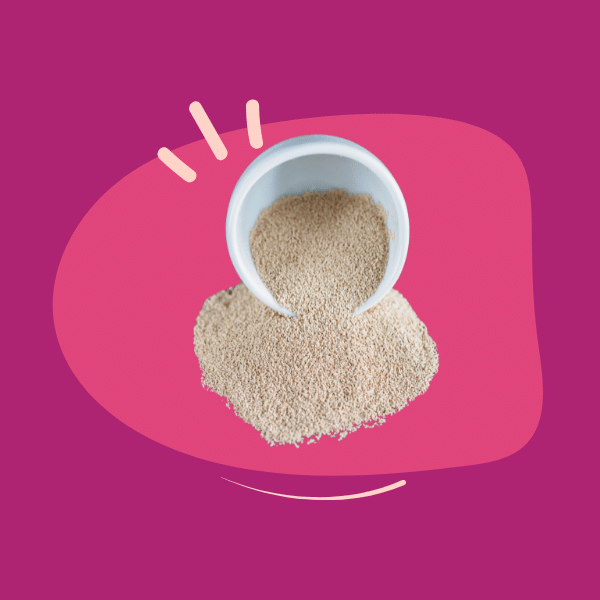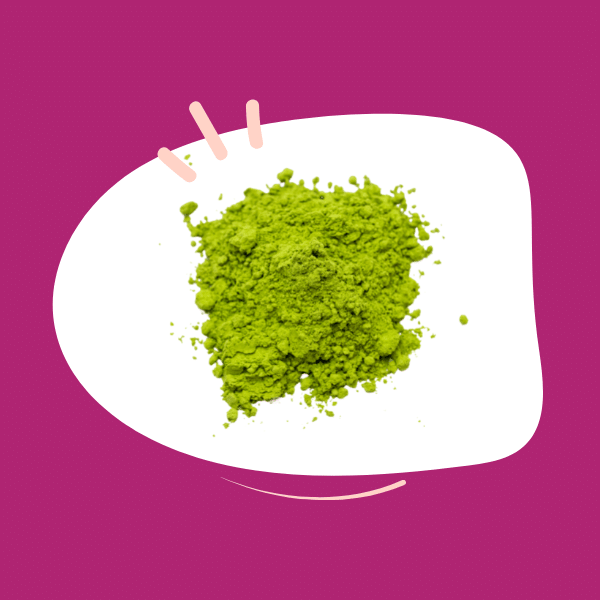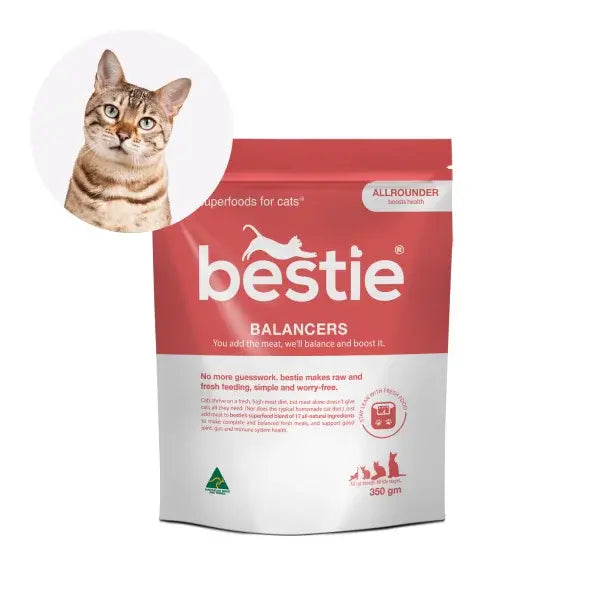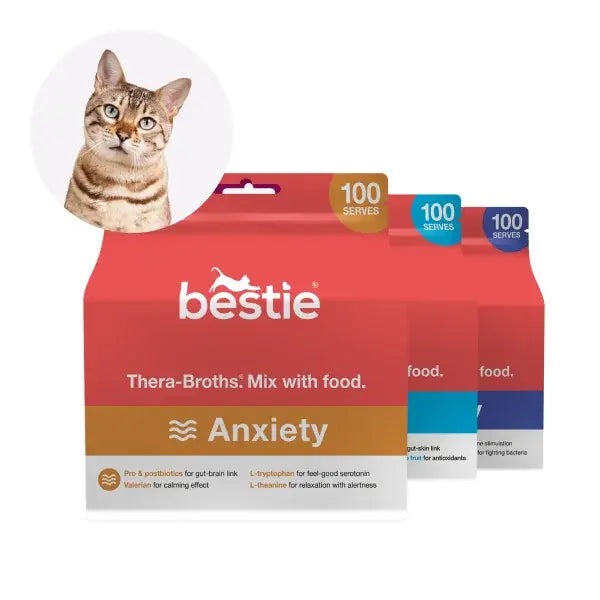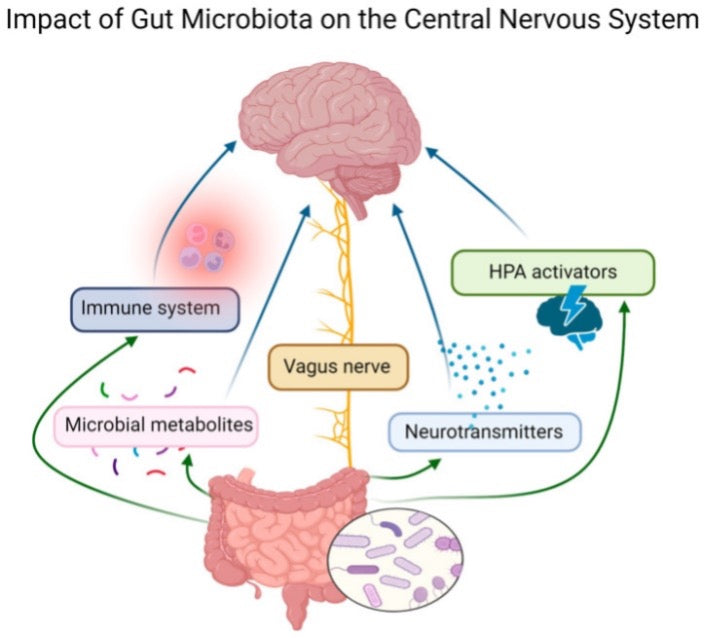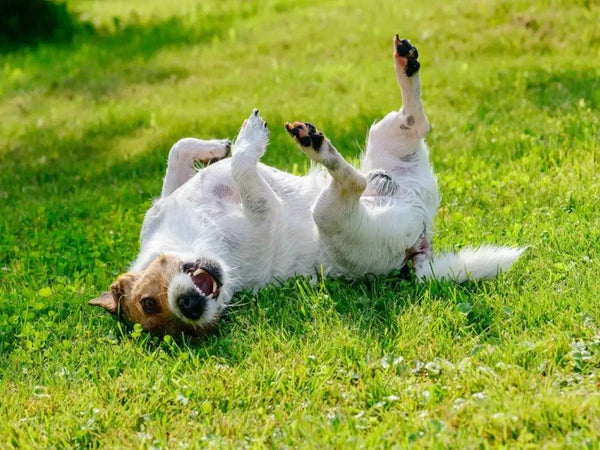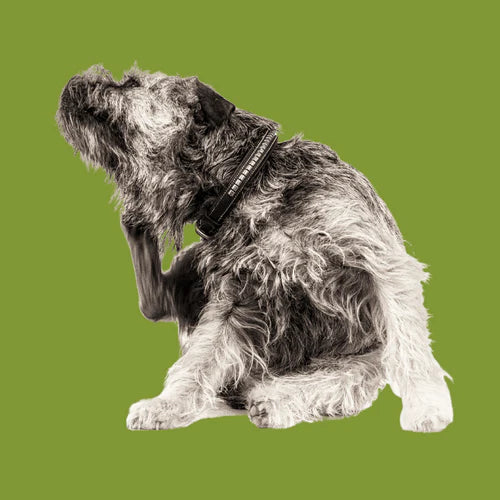In this episode of The Pet Nutrition Show, hosts Amanda and Dr. Anna dive into the topic of bladder health and urinary stones in pets. This common issue can be a source of frustration for pet owners, but understanding the underlying causes and potential solutions can make a big difference.
Below is a summary, but you can also have a listen to the show here.
Why Does Your Dog's Urine Burn Grass?
Amanda kicks off the discussion with a commonly asked question: "Why does my dog's urine create brown circles in the grass?" Dr. Anna explains that this happens due to the high nitrogen content and pH levels in the dog's urine.
Interestingly, Dr. Anna notes that this issue tends to be more prevalent among female dogs, although some male dogs can also cause similar damage. Cats, on the other hand, are less likely to burn the grass since they usually don't urinate on it.
Preventing Grass Damage
So what can be done to prevent grass damage from your pet’s urine? Dr. Anna suggests increasing your pet's water intake to dilute the urine and discusses a few dietary adjustments. Lawn repair products can also be helpful, as can special items like dog rocks, which are designed to reduce nitrogen levels in urine.
Understanding Urinary Stones in Pets
Next, Amanda and Dr. Anna delve into the main topic: urinary stones. These are a significant issue that affects around 3% of dogs and cats at some point in their lives. Dr. Anna explains that there are five primary types of urinary stones, but struvites and calcium oxalate stones account for 80-90% of cases.
Calcium Oxalate Stones: Causes and Diet Tips
Calcium oxalate stones form due to an excessive amount of calcium, low magnesium, high oxalate intake, and excessive vitamin D in the diet. Foods rich in oxalates, such as legumes, can contribute to the formation of these stones. To manage this, Dr. Anna suggests adjusting your pet’s diet to balance these elements.
Struvite Stones: What to Avoid
Struvite stones, on the other hand, form in alkaline urine (pH greater than 7) and are often associated with high levels of magnesium, ammonium, and phosphate in the diet. Urinary tract infections can exacerbate this condition. Therefore, Dr. Anna recommends diets low in these components to prevent struvite stones.
The Role of Urinary pH
Urinary pH is crucial in the formation of stones. Struvite stones form in alkaline urine, while calcium oxalate stones form in more acidic urine. By adjusting your pet's diet, you can manipulate their urinary pH to reduce the risk of these stones. It is essential to work with a veterinarian to properly diagnose and decide on the appropriate diet for your pet's specific type of stone.
Homemade vs. Commercial Diets
Amanda asks about homemade diets and their role in managing urinary stones. Dr. Anna agrees that while homemade diets can be beneficial, they require careful formulation to balance anions and cations and maintain the correct urinary pH.
The Importance of Water Intake
Increasing water intake is a fundamental strategy. Adding broth, using wet food, or even enhancing the water with a bit of fruit juice can encourage your pet to drink more, thereby diluting their urine and reducing the likelihood of stone formation.
Emerging Research and Nutritional Support
New research in pet nutrition offers promising outcomes, such as using probiotics to prevent urinary tract infections and specific amino acids and plant extracts to reduce oxalate absorption. Strains like Lactobacillus acidophilus and Lactobacillus rhamnosus have shown effectiveness in inhibiting harmful bacteria growth in the urinary tract.
Cranberry extracts and other herbs like Stonebreaker and horsetail are also cited for their benefits in preventing urinary stones. However, Dr. Anna notes the need for more research, particularly in cats and dogs.
Recognizing Symptoms and Long-Term Management
Common symptoms of urinary stones include abdominal pain, straining to urinate, lethargy, and malaise. It’s essential to consult with a vet for a proper diagnosis and treatment plan, which may include long-term use of therapeutic diets.
Although therapeutic diets can manage these conditions, they can have some long-term risks, such as nutrient deficiencies and potential metabolic issues. It’s critical to monitor your pet’s health regularly and make any necessary dietary adjustments with the guidance of a veterinarian.
Urinary Health Hacks
Dr. Anna shares a simple food hack: save the juices from cooked vegetables or meat and add them to your pet’s water to encourage them to drink more. Little tricks like these can make a big difference in maintaining urinary health.
Conclusion
Understanding the complexities of urinary stones and taking proactive steps to adjust your pet’s diet and water intake can significantly improve their well-being. Always consult your veterinarian for personalised advice.
Thank you for joining us for this episode of the Pet Nutrition Show. We hope you found it informative and helpful. Please leave a review or question on any of our podcast channels, and we look forward to seeing you in our next episode!


